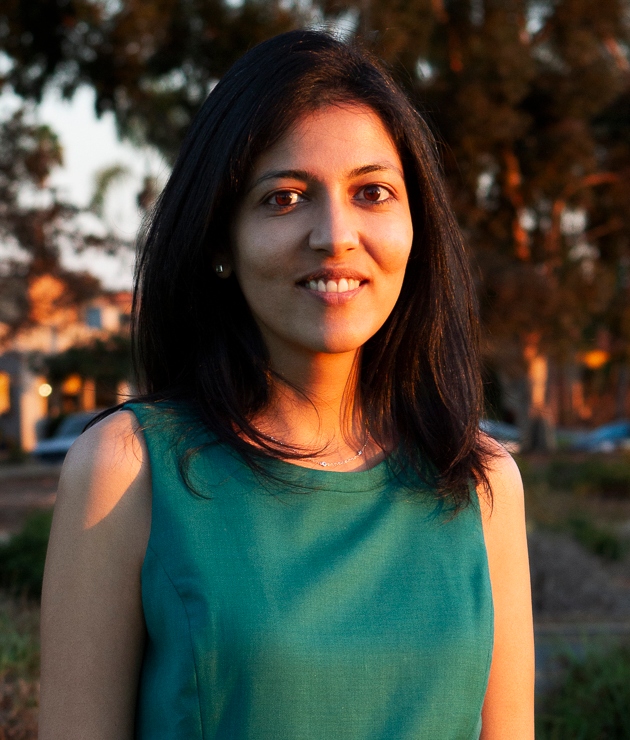
- s2varma@ucsd.edu
-
Office: SSB 286
Mail Code: 0532

Saiba Varma is an Associate Professor of the Psychological/Medical Anthropology subfield and the Vice Chair of Undergraduate Studies. She is a medical and cultural anthropologist working on questions of violence, medicine, psychiatry, and politics as they pertain to Indian-controlled Kashmir and South Asia more generally. Saiba conducts ethnographic research in Kashmir, the site of a chronic, unresolved conflict, and one of the most militarized places on earth. Her research explores how spaces of psychiatric and humanitarian care confront, but also become microcosms of, the broader politics of violence and occupation that characterize life in Kashmir.
At UCSD, Saiba teach courses on global health and inequality; medical and psychological anthropology; humanitarianism; conflict and health; affects and emotions. All her courses are driven by a commitment to feminist of color, anti-racist, and decolonial methodologies and approaches to ethnography.
She is also an Affiliate Faculty in Critical Gender Studies, Ethnic Studies, Global Health and Science Studies. She currently serves as the Associate Director of the South Asia studies minor.
BA in Anthropology and Government, Franklin and Marshall College (2004)
Ph.D. in Anthropology, Cornell University (2013)
Posdoctoral Fellow, the Thompson Writing Program, Duke University (2012-2015)
Grounded in psychological, medical, and political anthropology, my research examines the interrelations and overlaps between medicine and militarism. Although medical and humanitarian care are often envisioned as the antidotes to violence and militarism, my work shows how military logics and techniques, one the one hand, and practices and languages of humanitarian care, on the other, interpenetrate, creating disorienting worlds for patients and caregivers alike. These concerns emerge directly from more than a decade of sustained ethnographic engagement with psychiatric, humanitarian and military interventions in Indian-controlled Kashmir, the site of the world’s longest-running conflict.
My first book, The Occupied Clinic: Militarism and Care in Kashmir (Duke U Press, 2020) takes forward conversations on medicine, health, and conflict in anthropology in significant ways. In addition to documenting the social and psychological harms that long-term violence and colonization produce for both mental health care users and experts, my research approaches medicine and militarism as social, political, and ontological forms that can become entangled in everyday life. In so doing, I theorize how medicine operates not only as a form of care (as a mode of redressal or response to violence), but how it becomes part of the repertoire of violence and militarism, producing tensions and dilemmas in the process.2018, Spectral Ties: Hospital Hauntings along the Line of Control. Medical Anthropology. Special Issue Ghosts in the Ward [2018] (co-authored with Emma Varley), pp. 1-15.
2018, From ‘Terrorist’ to ‘Terrorized’: How Trauma became the Language of Suffering in Kashmir. In Resisting Occupation in Kashmir. Mona Bhan, Cynthia Mahmood, Ather Zia, and Haley Duschinski, eds. University of Pennsylvania Press: Philadelphia, pp. 129-152.
2016, Disappearing the Asylum: Modernizing Psychiatry and Generating Manpower in India. Transcultural Psychiatry 53(6): 783-803
2016, Love in the Time of Occupation: Reveries, Longing, andIntoxication in Kashmir. American Ethologist 43(1): 50-62
2012, Where There Are Only Doctors: Counselors as Psychiatristsin Indian administered Kashmir. Ethos 40(4): 517-535(Winner of the Condon Prize, Society for Psychological Anthropology,American Anthropological Association)
2010, Curfewed in Kashmir: Voices from the Valley.In Economic and Political Weekly 45(35),pp.10-14 (co-authored with Aaliya Anjum)